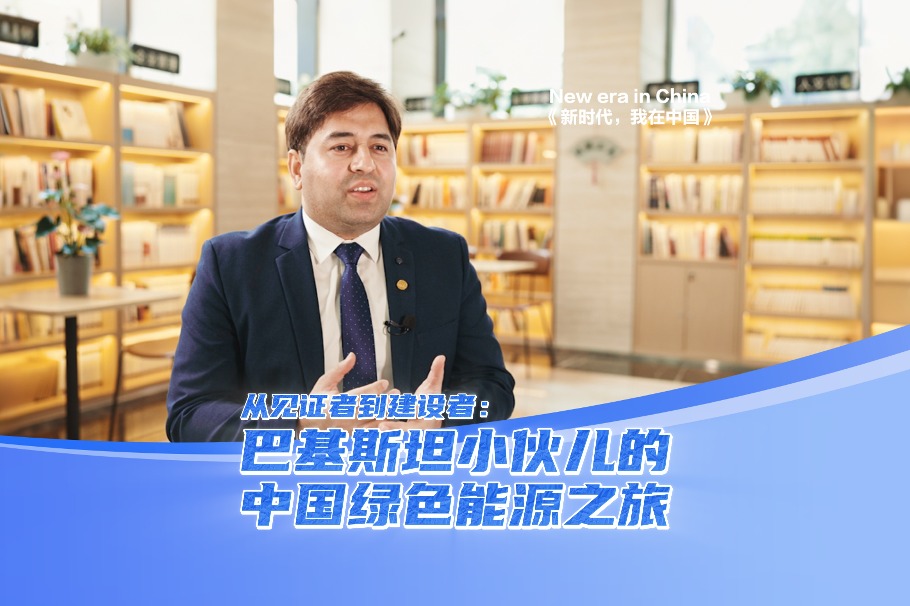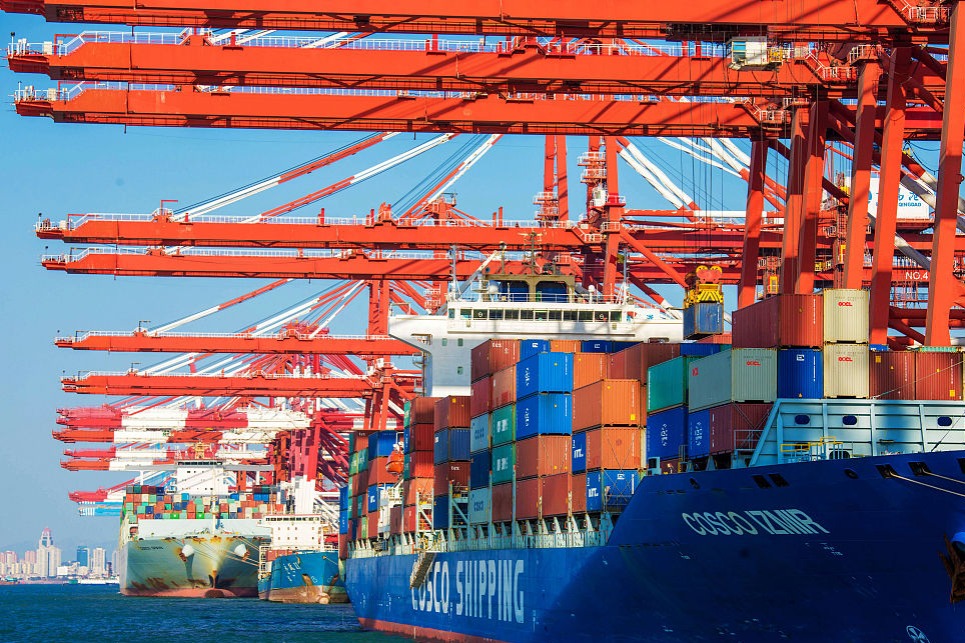Commercial banks agree to new deposit rates starting Dec 1
By Zhou Lanxu | chinadaily.com.cn | Updated: 2024-11-30 10:49
Chinese commercial banks have agreed, under a self-disciplinary mechanism, to make the deposit rates offered to corporate clients and nonbanking financial institutions more responsive to changes in policy interest rate benchmarks.
Authoritative sources and experts said that the move, effective on Dec 1, will ease banks' funding costs so that they can reduce the rates they charge on loans, reflective of policymakers' intention to tamp down the financing costs of the real economy and intensify counter-cyclical adjustments.
On Friday, China's interest rate self-disciplinary mechanism, where banks collectively agree to set deposit rates within certain guidelines, released two self-discipline initiatives to further align deposit rates with policy interest rates.
One of the initiatives proposed that banks should include "interest rate adjustment safeguard clauses" in agreements with corporate clients, in order to ensure that any changes to listed deposit rates or internal deposit rate caps during the agreement period are timely reflected in actual deposit transactions under the agreement.
Meanwhile, nonbank financial institutions' demand deposit rates will be included in self-disciplinary management, the other initiative said.
Demand deposit rates for financial infrastructure institutions should be reasonably set with reference to the excess reserve rate, currently at 0.35 percent, while those for other nonbanking financial institutions should refer to the seven-day reverse repo rate, a main policy interest rate benchmark currently at 1.5 percent, the initiative said.
The initiative is aimed at addressing the weak link in interest rate policy transmission that nonbank financial institution deposit rates hardly follow changes in the central bank's policy rates, creating arbitrage opportunities.
From the second half of 2022 to the third quarter of this year, the seven-day reverse repo rate dropped from 2.2 percent to 1.5 percent. However, the rate for demand deposits among nonbank financial institutions remained largely unchanged at around 1.75 percent, according to authoritative sources, while the general demand deposit rate at China's four biggest banks was only around 0.1 percent.
The two initiatives were passed on Thursday at a meeting of the self-disciplinary mechanism, the People's Bank of China, the country's central bank, said in a statement on Friday.
The central bank statement said the meeting stressed that financial institutions should effectively implement the two initiatives, communicate and explain them clearly to clients and pass on the effects of stabilized funding costs to the lending side, thereby increasing support for the real economy.
"Financial institutions should strictly adhere to self-disciplinary agreements, and deposit rates must not be illegally supplemented manually, and loan rates must comply with risk-based pricing principles," the statement said.
























